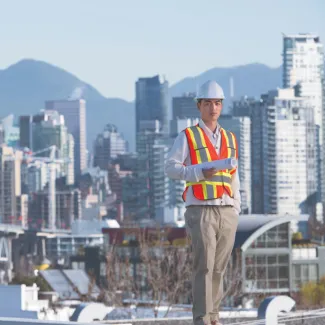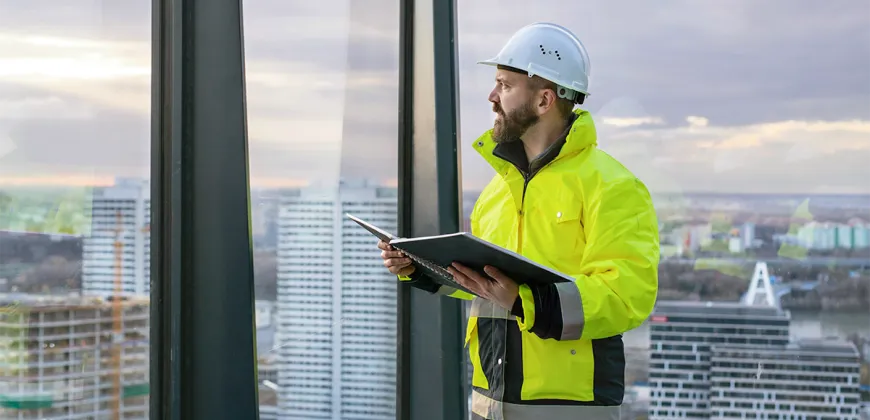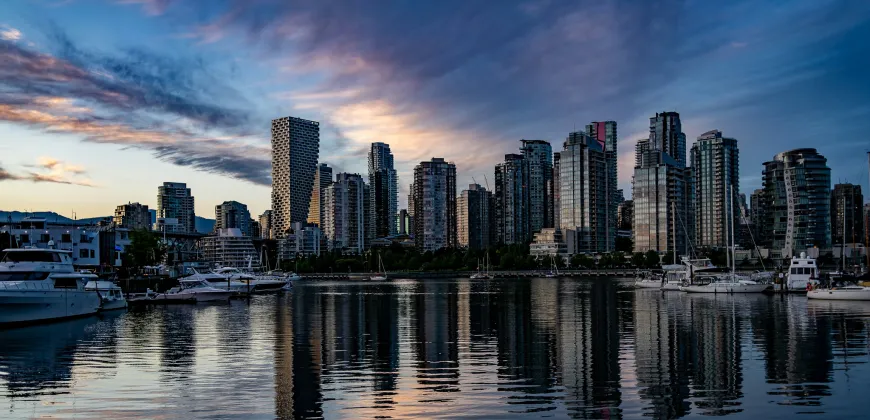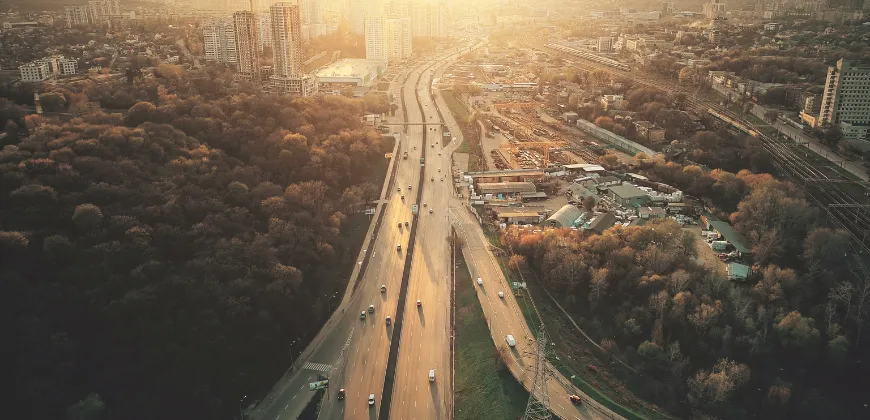The challenges and opportunities of growing urbanization
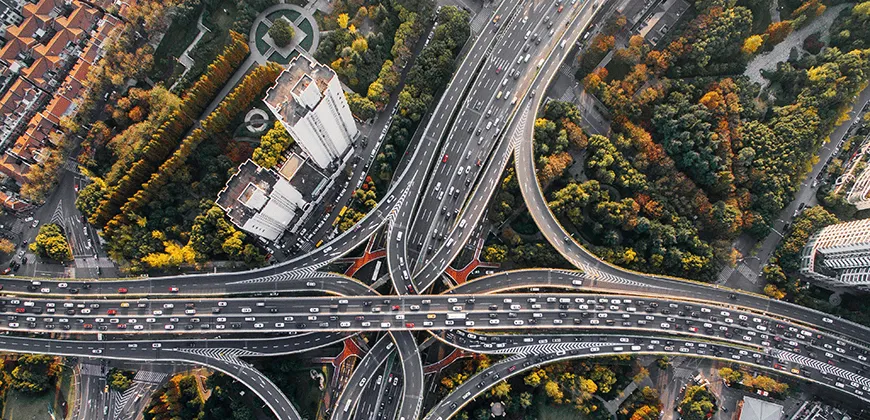
Urban Systems: Industry Challenges
By Martino Tran, MEL in URSY program co-director, Assistant Professor in the School of Community and Regional Planning, Director of the Urban Predictive Analytics Lab and instructor in the MEL in Urban Systems We’re in the midst of a period of rapid urbanization, with 55% of the world’s population living in cities, and projections that just under 70% of people will make their homes in urban areas by 2050. There are many compelling reasons why people have historically migrated to cities and will continue to do so. As sites of innovation, ideas, trade and economic prosperity, cities hold out the promise to improve their citizens’ standard of living and well-being. Yet this urbanization comes with complex challenges.
Our cities are primary contributors to the current climate crisis, consuming two-thirds of all energy and generating more than 70% of carbon emissions.
Beyond their energy use and carbon footprint, cities negatively impact their surrounding ecosystems as they generate ever-growing amounts of waste and consume ever-increasing quantities of water. Cities are also extremely vulnerable to climate change and environmental degradation: over two-thirds of cities are located along shorelines, making them prone to rising sea levels and flooding.
Urban infrastructure – often designed and built decades ago – is under stress. These systems may no longer have the resilience to cope with the pressures of an increasing populations or climate change and environmental impacts.
Although these are significant and complex challenges, there are opportunities to do things differently. Many cities in industrialized countries are currently in the process of infrastructure renewal, which offers a critical pathway for engineers and planners to develop and deploy infrastructure systems that minimize environmental impacts while contributing to sustainable economic growth. Stakeholders are also increasingly interested in smart cities as a way to improve the efficiency of our infrastructure. There’s lots of work being done in this area that builds on advanced information and communication technology to develop new approaches – such as using technology to improve traffic flow through cities (and thereby reducing carbon emissions and air pollution) or designing power systems that are more efficient for meeting peak electricity demands.
We’re also developing better decision-making tools that enable stakeholders to evaluate and explore alternatives. Making evidence-based decisions for large infrastructure investments is critical for avoiding carbon lock-in effects and reducing negative environmental impacts.
These ways forward require collaborative partnerships between government, industry and academic researchers. They also depend on bringing together people with technical domain expertise who can step outside their area of specialty to communicate and collaborate with experts from other engineering and urban planning disciplines to those with backgrounds in economics, policy or sociology. To that end, the Master of Engineering Leadership in Urban Systems was developed specifically to meet this goal. Students come to us with several years of industry experience, and over the course of the 12-month program, they expand their technical knowledge and work on projects alongside industry and public-sector clients. Past projects have included collaborating with planners at the City of New Westminster on implementing public Wi-Fi and exploring strategies for electric vehicle charging; the 2020 cohort is working with UBC Campus to promote active transportation and explore how building design and land use zoning can promote healthy public spaces. The business classes taught through UBC Sauder’s Robert H. Lee Graduate School, which make up about 40% of the coursework, are an essential part of the student experience and build essential communication, leadership and business skills. Our students graduate with the technical and business expertise needed to manage and contribute to multidisciplinary projects that will reshape our built urban environment for the greater good.
